- The freshly signed One Big, Beautiful Bill Act is set to give the US economy – and its stocks – a short-term boost. But over time, it’s likely to pile on more debt and shave a few points off long-term growth.
- A new Federal Reserve chair might aggressively lower interest rates, even with inflation still well above target. Those lower interest rates would, in turn, dampen the allure of US Treasuries and the US dollar, creating serious knock-on effects across financial markets.
- International investors may want to consider investing in hedged US stock ETFs that protect them from further currency fluctuations, as further dollar weakness remains a clear and present threat.
The One Big Beautiful Bill Act (OBBBA) is nearly 900 pages long, a sprawling collection of tax breaks, spending cuts, and other measures. And, frankly, no one expects you to read it all. But the bill – which was signed into law on Friday – is worth paying attention to. It’s the cornerstone of the US president’s second-term agenda – and it could have major ripple effects on the markets and your money. So let’s break down what’s in it.
What are the OBBBA’s key components?
The market had been anticipating many of the changes included in the bill, so some of its impact has already been priced into individual stocks and sectors. For example, nuclear-related companies have already seen their share prices rise, while wind and solar companies have seen theirs fall. But there are still some major implications for the wider stock market, bonds, the dollar, and real assets like gold and bitcoin that have yet to fully land. So let’s look at some of the big stuff included in that big bill.
Tax cuts and other provisions. These will extend individual and business tax cuts from the 2017 Tax Cuts and Jobs Act, including incentives to boost manufacturing and expand semiconductor credits. It will raise the State And Local Tax (SALT) deduction cap to $40,000 for households earning up to $500,000 for five years, and make tips and overtime pay tax-exempt up to $25,000 and $12,500, respectively, until 2028.
Spending and entitlement changes. The law will make steep cuts to Medicaid and impose new work requirements on able-bodied adults without dependents. Folk who qualify for food stamps will face stricter work requirements, and states will be forced to shoulder more program costs without federal funding to do so. Defense and border security, meanwhile, will get more money.
Energy and the environment. Clean energy tax credits (for wind, solar, and other renewable energy projects) will go away by 2027. In their place will be more funding for fossil fuel development and nuclear energy.
What’s the likely impact on government debt levels and economy?
Well, there are a few estimates out there and not many of them are pretty.
Ray Dalio, hedge fund guru and founder of Bridgewater Associates has said the law has a few red flags. Not least of which is the fact that it will jack up government spending to about $7 trillion a year, while bringing in just $5 trillion. That shortfall would likely increase total debt from $10 trillion now – split roughly into $1 trillion in interest and $9 trillion in principal – to about $18 trillion down the line, with interest payments alone doubling to $2 trillion a year.
Meanwhile, the Budget Lab at Yale University has estimated there will be a small boost to economic growth that averages 0.2 percentage points per year from 2025 to 2027. Afterward, it sees economic growth slowing considerably – by 2054, economic growth would be nearly 3% smaller than if the bill had never passed.
What’s more, the bill is widely expected to raise the long-term federal debt-to-economic-output ratio from a projected 142% (without the bill) to 183% by 2054. That staggering, 41-point jump has rattled economists and investors. It’s even pushed Elon Musk to float the idea of launching his own political party in protest.
How will the US likely deal with rapidly rising debt levels?
When governments get buried under debt, they’ve generally got just three ways to deal with that: slash spending, hike taxes, or plunge interest rates to exceptionally low levels. The first two are political disasters. (Go figure: voters don’t like to see their benefits cut or their taxes raised.) So that makes the third option a likely winner. So that’s the one Dalio’s betting on.
That means lower interest rates and more money sloshing through the system. We’ve seen this work out well in the past: cheap borrowing typically boosts the economy and pumps up asset prices. Just look at what happened after the global financial crisis or after the initial Covid-19 panic. And, if history is any guide, lower interest rates will also weaken the US dollar, making the country’s exports more competitive and nudging growth higher.
To be clear, this isn’t the best solution in all scenarios. Right now, for example, pushing interest rates down while inflation is running higher could result in lower real interest rates (that’s the rate minus inflation). Combine that with a weakening dollar and ballooning government debt, and US Treasury bonds start to lose their allure – especially among global buyers. That’s already happening, in fact: international investors have been trimming their unhedged US exposure, and the dollar has fallen nearly 10% this year against a basket of six major currencies.
So, what does this mean for your portfolio?
The OBBBA should cheer stock investors in the short term and weaken the dollar a bit more, in the process. And that weaker greenback will likely give a lift to companies that make a lot of their money overseas – for example, Big Tech. That’s assuming, of course, that no digital tax is used as a pawn in the ongoing trade chess game.
Plus, with a new Federal Reserve chair set to take over in May – one that’s expected to favor low rates, in step with the White House – the weaker dollar trend could stick around a while.
But for investors outside the US, a falling dollar is less friendly: they get smaller returns once the the currency conversion’s done. For them, a hedged ETF makes more sense.
Finally, let’s talk about real assets: they look particularly attractive as the US dollar’s appeal drops. Gold’s already up about 26% this year, partly because central banks have made it their number-two reserve asset. Bitcoin’s getting more love, too – its limited supply makes it a popular “digital gold” play in an age of easier money.
That’s why some investors are starting to think the old 60/40 portfolio (60% in stocks, 40% in bonds) would be better with a 60/20/20 format – swapping out some of that bond weight for gold, bitcoin, or other real assets. To find out more about that (and to see it in action), take a look at the Finimize Easy Rider Model Portfolio.
—
Originally Posted July 8, 2025 – The Big, Not-Entirely-Beautiful Impact Of The New US Tax And Spending Law
Disclosure: Interactive Brokers Third Party
Information posted on IBKR Campus that is provided by third-parties does NOT constitute a recommendation that you should contract for the services of that third party. Third-party participants who contribute to IBKR Campus are independent of Interactive Brokers and Interactive Brokers does not make any representations or warranties concerning the services offered, their past or future performance, or the accuracy of the information provided by the third party. Past performance is no guarantee of future results.
This material is from Finimize and is being posted with its permission. The views expressed in this material are solely those of the author and/or Finimize and Interactive Brokers is not endorsing or recommending any investment or trading discussed in the material. This material is not and should not be construed as an offer to buy or sell any security. It should not be construed as research or investment advice or a recommendation to buy, sell or hold any security or commodity. This material does not and is not intended to take into account the particular financial conditions, investment objectives or requirements of individual customers. Before acting on this material, you should consider whether it is suitable for your particular circumstances and, as necessary, seek professional advice.
Disclosure: ETFs
Any discussion or mention of an ETF is not to be construed as recommendation, promotion or solicitation. All investors should review and consider associated investment risks, charges and expenses of the investment company or fund prior to investing. Before acting on this material, you should consider whether it is suitable for your particular circumstances and, as necessary, seek professional advice.
Disclosure: IBKR Spot Gold
U.S. Spot Gold trading through IB LLC accounts is only available to legal residents of the United States that do not reside in Arizona, Montana, New Hampshire, and Rhode Island.
Disclosure: Digital Assets
Trading in digital assets, including cryptocurrencies, is especially risky and is only for individuals with a high risk tolerance and the financial ability to sustain losses. Eligibility to trade in digital asset products may vary based on jurisdiction.



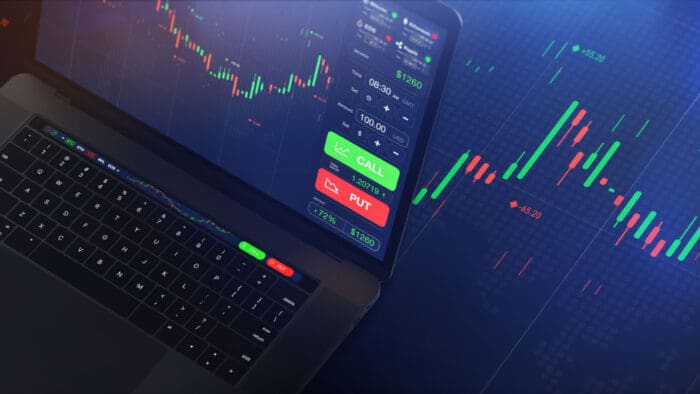

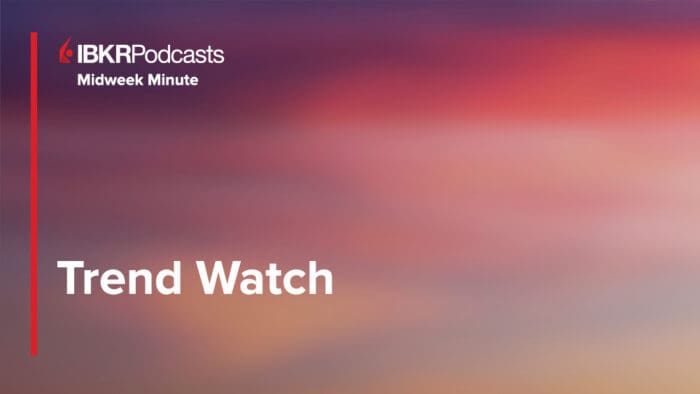

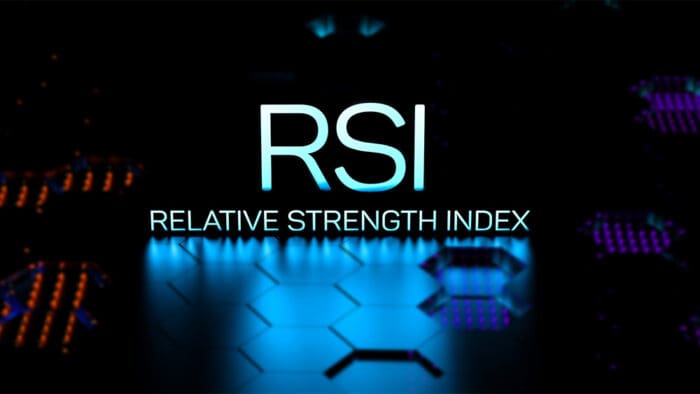


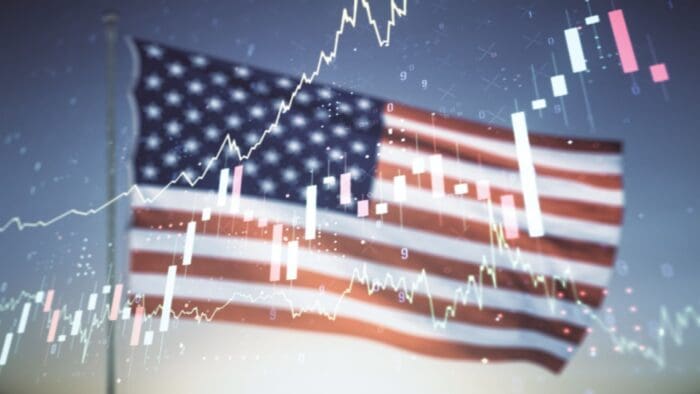


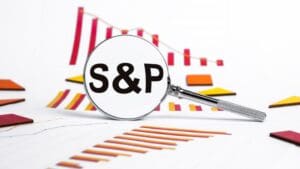


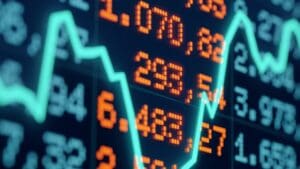

Join The Conversation
For specific platform feedback and suggestions, please submit it directly to our team using these instructions.
If you have an account-specific question or concern, please reach out to Client Services.
We encourage you to look through our FAQs before posting. Your question may already be covered!